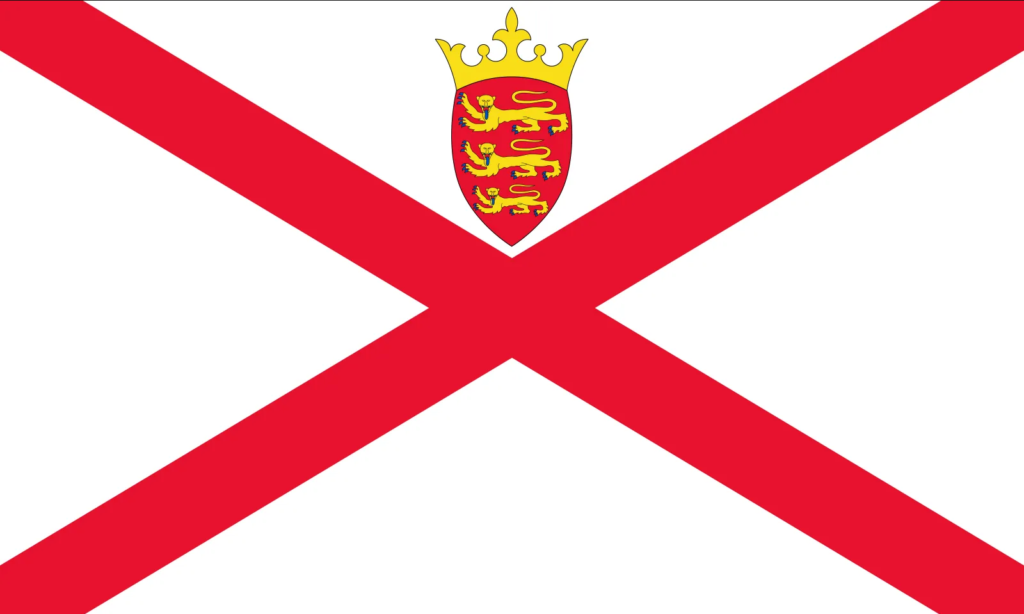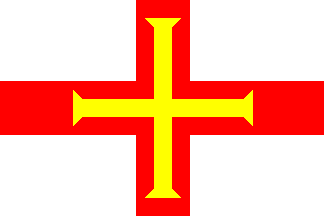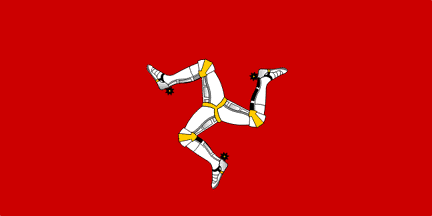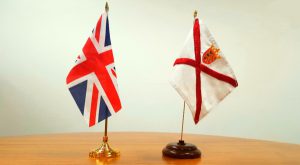


There are three island territories within the British Isles that are known as Crown Dependencies; these are the Bailiwicks of Jersey and Guernsey which make up Channel Islands, and the Isle of Man. The Crown Dependencies are not part of the United Kingdom, but are self-governing possessions of the British Crown. They have their own directly elected legislative assemblies, administrative, fiscal and legal systems and their own courts of law, they are also not represented in the UK Parliament. The United Kingdom government is responsible for certain areas of policy such as defence and foreign affairs.

Channel Islands – History and Background
The Channel Islands were part of the Duchy of Normandy when Duke William, following his conquest of England in 1066, became William I.
In 1106, William’s youngest son Henry I seized the Duchy of Normandy from his brother Robert; since that time, the English and subsequently British Sovereign has held the title Duke of Normandy.
By 1205, England had lost most of its French lands, including Normandy. However, the Channel Islands, part of the lost Duchy, remained a self-governing possession of the English Crown.
While the islands today retain autonomy in government, they owe allegiance to The Queen in her role as Duke of Normandy.
How did Jersey become self-governing?

In 1204 King John lost the Battle of Rouen against the French King Philippe-Auguste. The defeat signalled the loss of continental Normandy, united with the English Crown since the invasion of England by William the Conqueror in 1066. The Channel Islands, part of the Duchy of Normandy for more than a hundred years at that point, might have been expected to align themselves with the French King in 1204 but they were persuaded by a combination of reward and punishment to side with King John instead.
Among the privileges which the King granted Islanders was the right to be governed by their own laws and he instructed them to select their 12 best men as Jurats who, sitting with the Bailiff, became the Island’s Royal Court. A warden, later to become governor, was appointed by the King to organise the defence of the Island.
